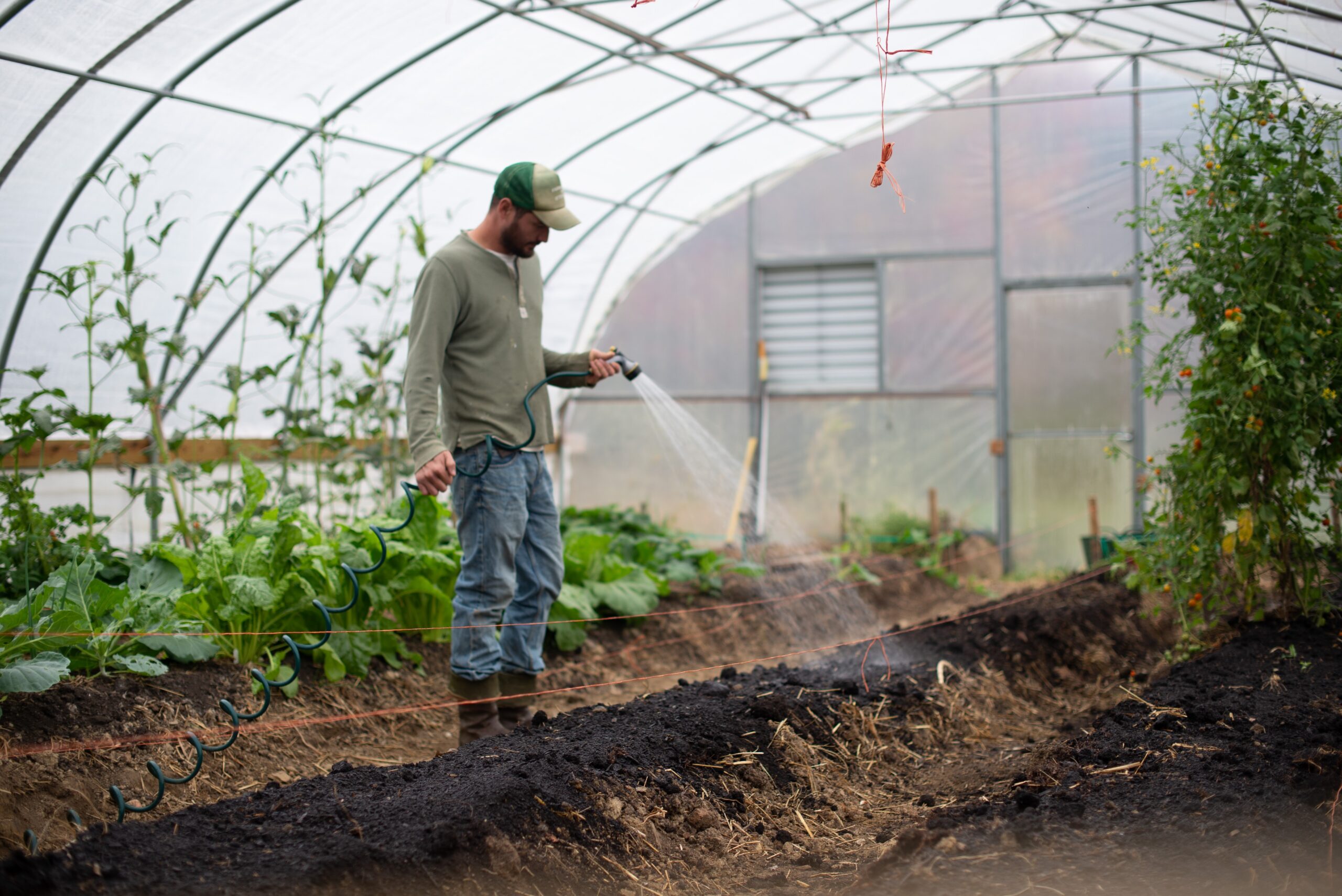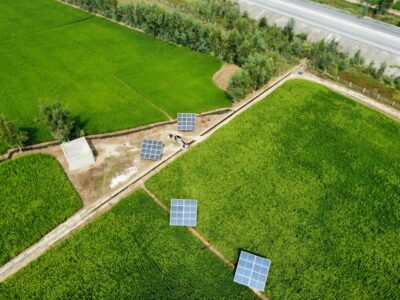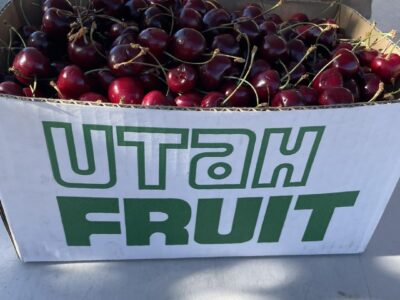California-based organic vegetable producer Grimmway Farms is eyeing a healthier, more sustainable crop. With headquarters in Bakersfield, the company is the world’s largest grower of carrots. Grimmway is taking its organic, sustainable approach further with a new initiative, implementing significant changes to irrigation and water systems, compost, and recycling. It hopes to eliminate waste and create a circular farming ecosystem.
Carrots aren’t the only product at Grimmway. It’s the largest producer of certified organic vegetables in America. With more than 135 other products distributed worldwide and the recent acquisition of organic pioneer Cal-Organic Farms, the company’s roots stretch globally, giving it a platform to set strong sustainability goals.
“We’ve taken a lot of steps to be sustainable,” said President Jeff Huckaby. “[Everything] from using sealed irrigation pipes to conserve water to recycled packaging to using LED lights in our facilities to reduce electrical needs. We continue to add solar to our program, so we have less dependence on electrical sources and more natural sources.”
“And we continue to try to use less and less pesticides by adopting organic ways of growing. We are making advances in sustainability every day,” Huckaby said. “This impacts how we care for the environment and where we source our materials. In addition, we are reducing our carbon footprint by investing in new tractors and new technology.”
Many of the company’s farms run on solar energy. Additionally, the farms use drip irrigation systems and pressure-sealed pipes across 4,500 growing acres to ensure they use every drop of water.
Water is stored strategically across multiple growing areas — monitored minute by minute — to wisely manage drought conditions in various regions. The company has saved more than 7 billion gallons of water.
From its fields in California’s San Joaquin Valley to the ones in Pasco, WA, or Live Oak, FL, Grimmway insists on using regional infrastructure to simplify the cost and energy of power generation.
Waste reduction is also a crucial part of Grimmway’s strategy. In 2020, the company eliminated over half a million pounds of paraffin wax waste by substituting reusable plastic containers. That year, it cut 3 million pounds of paper waste from packaging. The farm also teamed up with How2Recycle and now uses pool pallets to reduce waste across the supply chain.
Grimmway reuses its products whenever possible to avoid waste. The company repurposes crops such as carrots, beets, broccoli, and kale for various uses, most often as a part of the 28 million pounds of vegetable juices made annually.
The company takes its organic status seriously, working for cleaner supply chains, less waste, cleaner energy, and a sustainable, healthy product.
“We take all of our processes and procedures to heart in order to make sure we provide the very best and safest produce in the industry,” Huckaby added. “When I think about sustainability, I think about the long-term effects on farming, and … I think about my kids and grandkids and what are we doing today that will benefit them in the future.”





